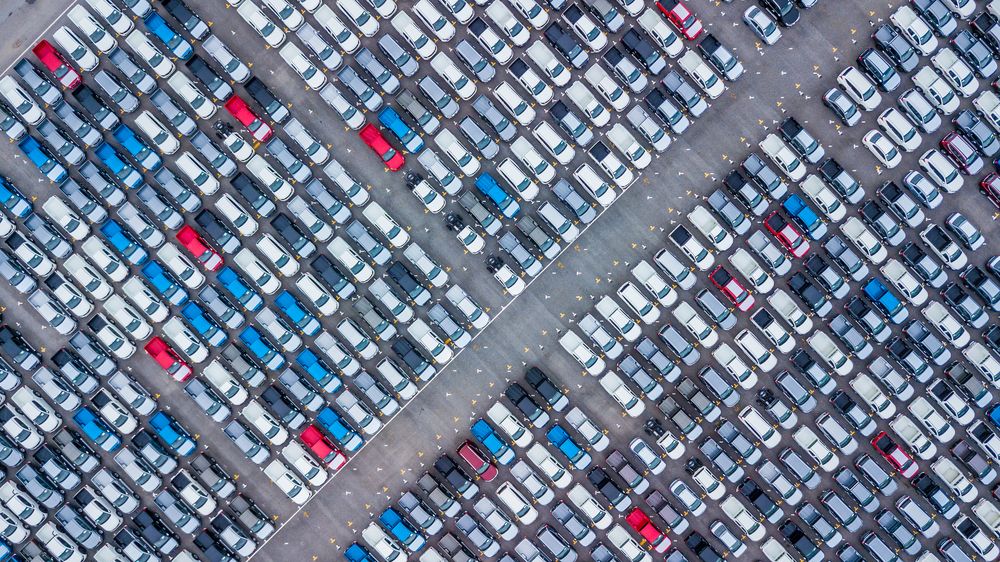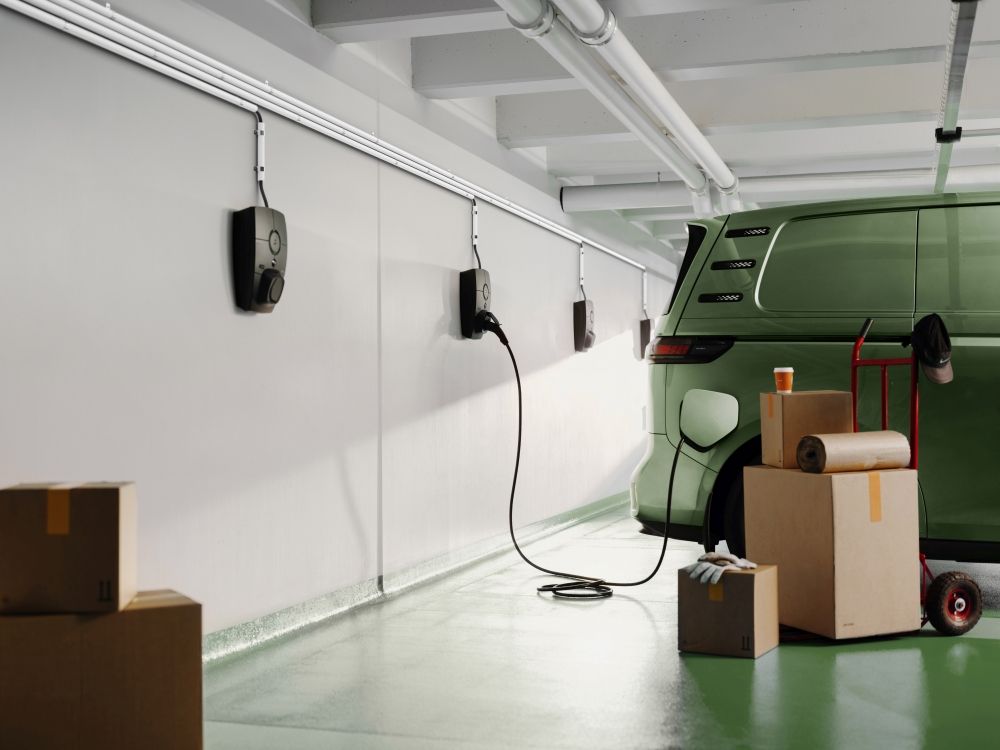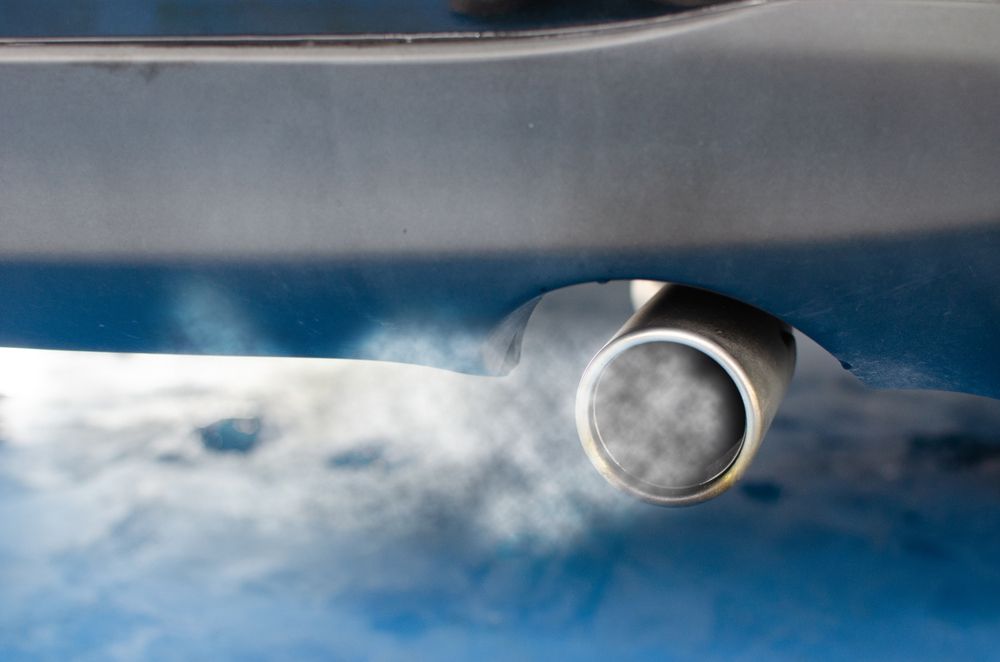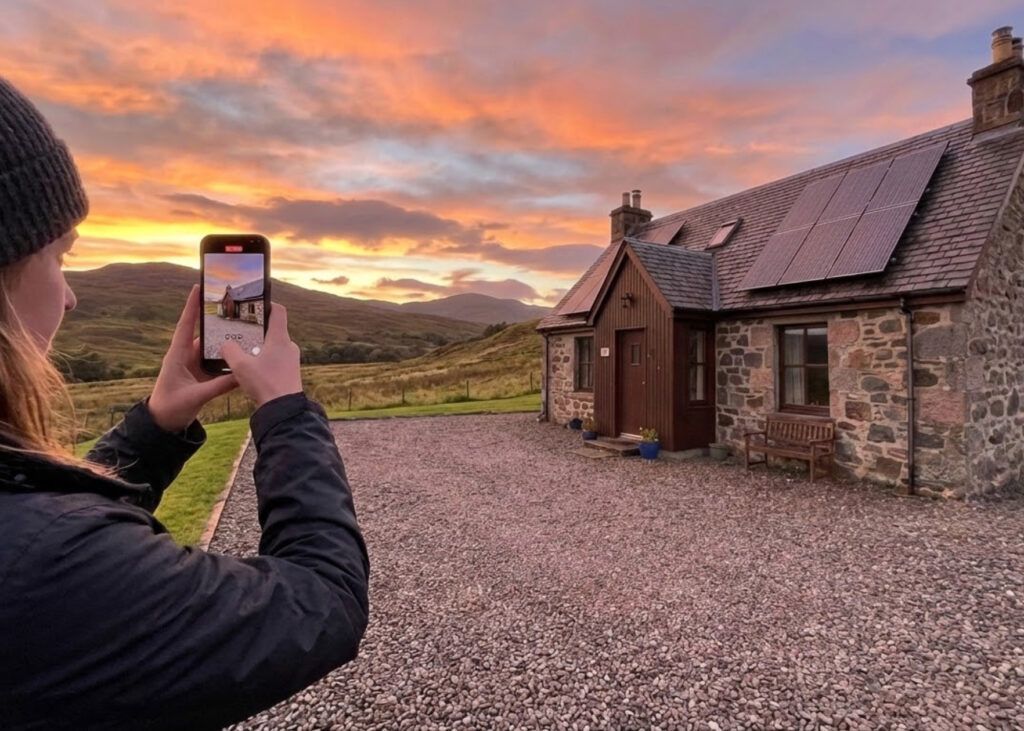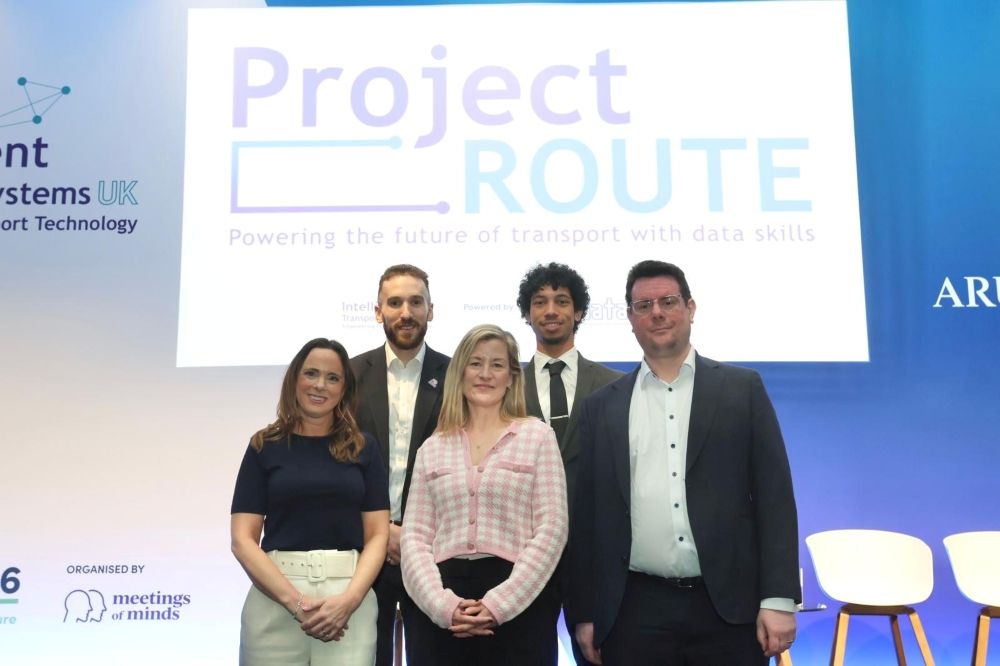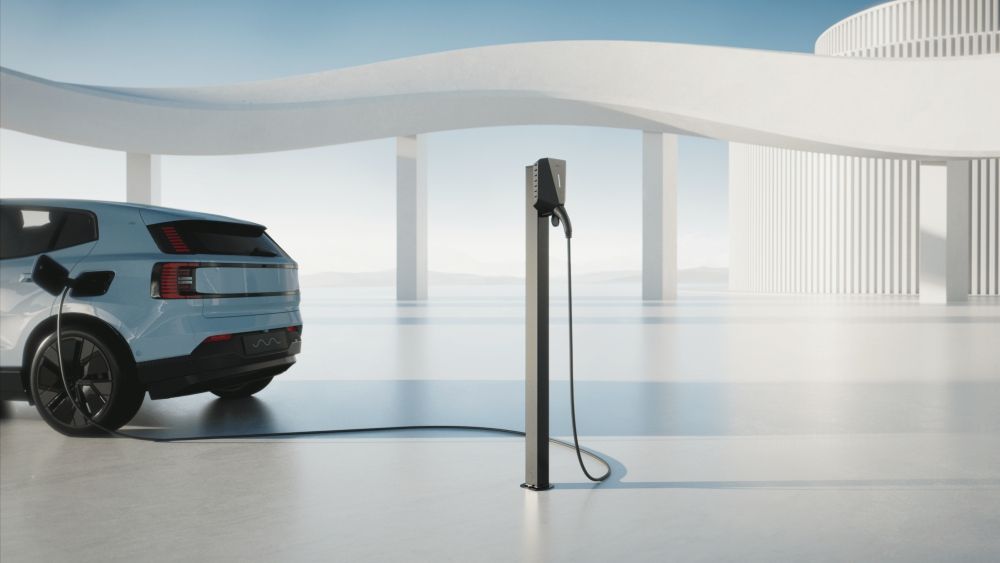Technology giant Vodafone UK has announced it is on-track to electrify its almost 1,000 fleet of vehicles by 2026.
A year ahead of the company’s original schedule, it follows the tech comms firm adopting a strategy six years ago to be zero emissions by 2027, as part of the larger Vodafone Group’s net zero strategy by 2030.
Working with partner Arval UK, the firm has now met its objective 12 months earlier than expected.
Following the original introduction of battery-electric vehicles (BEV) in 2019, this was also supported by a range of ride and drive events and webinars designed to brief employees on the advantages of such vehicles.
Petrol and diesel vehicles were removed from choice lists in 2021 and PHEVs followed in 2023, with Arval UK also creating a BEV salary sacrifice scheme in 2023. Last month, the 300th vehicle under the initiative was delivered.
Craig Login, Property Contract Manager at Vodafone UK, said:
“In 2020, just 16% of our cars were battery electric vehicles (BEVs) and 29% petrol hybrids (PHEVs). Next year, we’ll be operating 100% BEVs and 0% PHEVs. This dramatic shift towards net zero emissions is, we believe, quite an achievement.”
“With the help of Arval UK, we adopted a very structured approach to electrification, looking at everything from detailed whole life cost modelling through to regularly meeting with manufacturers to ensure the latest electric cars meeting our needs were available.
“Also, the role played by Arval UK in educating our drivers about BEVs – covering factors such as taxation, charging and range – has been a crucial element. We couldn’t have made this transition happen so quickly unless we won the support of our staff.”
“This programme provides a benefit for employees by offering a financially efficient way to access BEVs and we also now offer high power charging facilities across all of our office locations, all of which underlines our overall commitment to electrification.”
Huw Mellor, Business Manager at Arval UK, said:
“Vodafone’s corporate decision to achieve net zero emissions has been one of the most rewarding partnerships with which we’ve been involved in recent years. The speed with which full electrification has been achieved is undeniably impressive and we are very pleased to have made our contribution to this project.”
Image courtesy of Shutterstock




